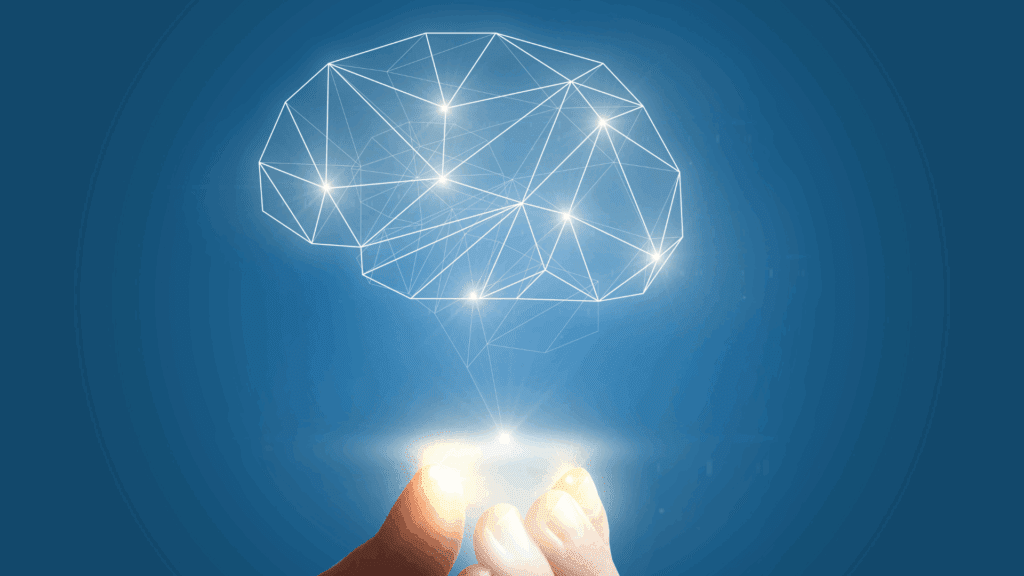What is Black and White Thinking? The Neuroscience Behind This Cognitive Distortion

Dichotomous thinking, also known as black-and-white thinking or splitting, is a type of cognitive distortion where people view things in absolutes or extremes – things are either completely good or completely bad, with no middle ground. It involves thinking in all-or-nothing terms, with no shades of gray.
Enhance Your Likability: 11 Neuroscience-Backed Ways to Transform Your Reputation Today

There aren’t too many of us out there who enjoy being resented or avoided. The desire to be well-liked and respected by our peers is pretty much human nature, after all.But, what exactly makes someone likable? Surprisingly, it’s not complex—that’s right, there’s no tried and true formula combining the kindness of Mother Teresa with the insight of Gandhi. Instead, just a few simple habits can instantly make you more likable. Really, that’s all it takes.
Understanding Theory of Mind: A Neuroscience Overview

Theory of Mind (ToM) is a crucial cognitive ability that allows individuals to understand and attribute mental states—such as beliefs, desires, and intentions—to themselves and others. This understanding is fundamental for effective social interactions and empathy. In this blog, we will delve into the concept of ToM, explore neuroscience based life coaching and its neuroscientific underpinnings, and discuss how neuroscience-based life coaching can enhance this vital cognitive skill.
Loneliness: Understanding Why We Feel So Alone in a Connected World

Uncover the science behind loneliness and why you might feel so lonely in our connected world. Explore evolutionary reasons for loneliness, its impact on the brain, and effective strategies to combat isolation without compromising your standards. Learn why loneliness is widespread and how to build meaningful connections in today’s society.
Achieve a Sense of Accomplishment and Pleasure with Deep Work Habits

Unlock your potential and find fulfillment with deep work habits. Embrace intrinsic motivation for accomplishment and pleasure.
Master Your Emotions: 5 Incredible Techniques for Total Emotional Control

Imagine walking into an empty room and suddenly feeling overwhelmed by sadness or anxiety, with no apparent trigger. This mysterious emotional surge is not uncommon, as our brains can activate powerful emotions without our conscious awareness. Understanding the science behind these experiences is key to mastering emotional control. Recent neuroscience research has unveiled fascinating insights into how our brains process and regulate emotions, offering new strategies for managing our feelings effectively. From the role of the prefrontal cortex in emotion regulation to the impact of sleep on our emotional well-being, this exploration of emotional control techniques can help you navigate life’s ups and downs with greater resilience and clarity.
Gaining Mental Clarity with Neuroscience-Based Coaching

Achieve mental clarity with neuroscience-based coaching. Learn how to optimize brain function, manage stress, and enhance cognitive performance for lasting positive change..
12 Neuroscience-Backed Secrets to Building Stronger Interpersonal Relationships

Discover 12 neuroscience-backed strategies to strengthen your relationships. Learn how brain science can enhance your social connections, emotional intelligence, and interpersonal bonds.
The New Standard In Leadership Development: Reaching New Heights Through Neuroscience-Based Coaching

Unlock your leadership potential with coaching. Empower yourself to inspire teams and drive growth. Embrace change and develop a growth mindset.
10 Proven Strategies for Building Healthy Relationships

Building and maintaining healthy relationships is crucial for our overall well-being and happiness. The quality of our connections with family, friends, and romantic partners significantly impacts our mental and emotional health. By implementing effective strategies such as active listening, empathy, and setting boundaries, individuals can enhance the quality of their relationships and create a more supportive and harmonious social environment. Whether you’re looking to improve existing relationships or cultivate new ones, these insights and techniques will empower you to build and sustain healthy, meaningful connections in your personal and professional life.

